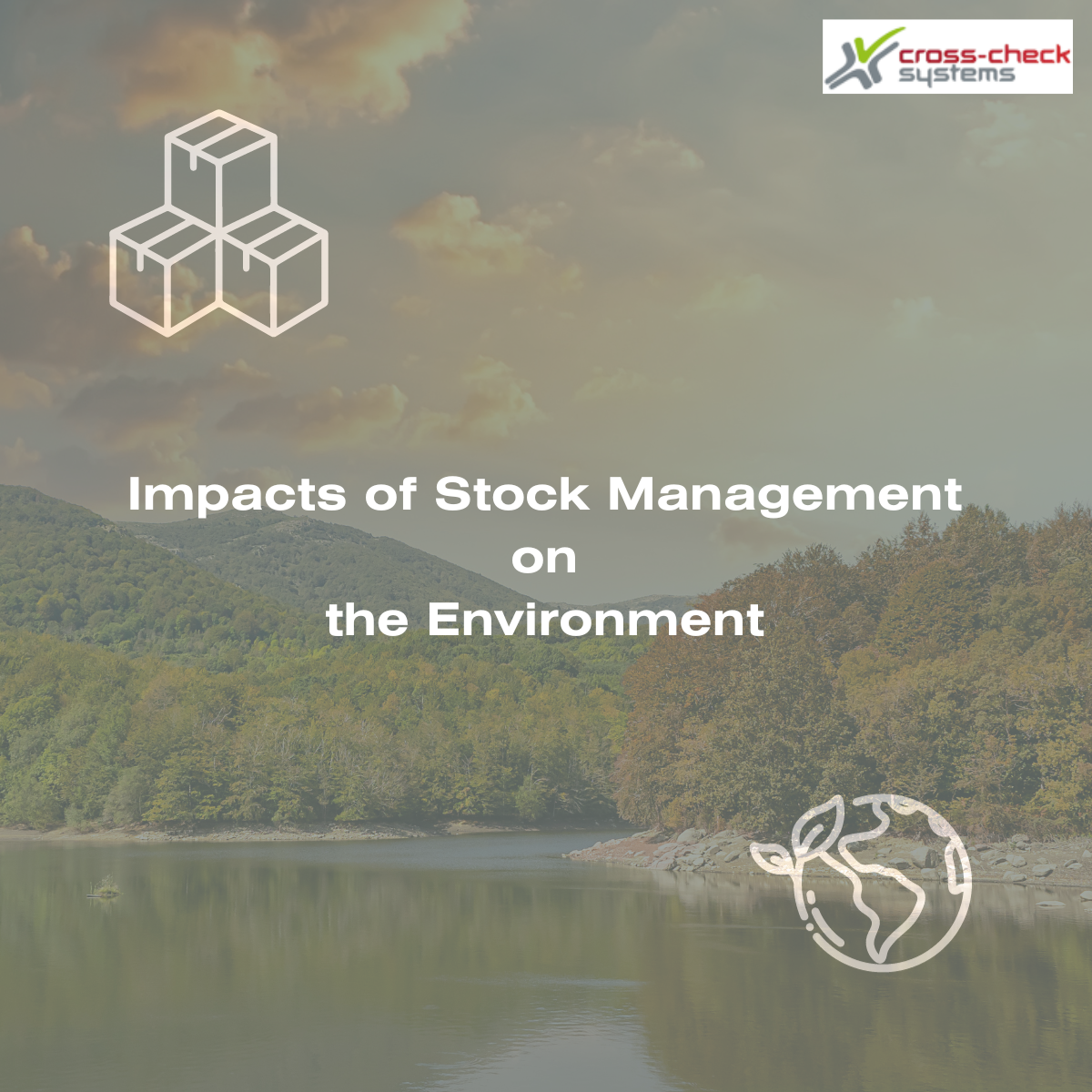As the world becomes increasingly conscious of the impact of businesses on the environment, more and more companies are looking for ways to reduce their carbon footprint and become more environmentally responsible. One area where businesses can make a significant impact is in their stock management practices. In this blog post, we will explore how stock management can reduce the impacts of a business on the environment.
- Reduce Waste
Effective stock management can help reduce waste by ensuring that businesses only order the products they need and can sell. This can help reduce the amount of unsold inventory that ends up in landfills, contributing to environmental pollution.
By using data analytics and forecasting techniques, businesses can better predict demand and order only what is required to meet that demand, thus reducing the amount of waste generated.
2. Cut Down on Transportation Emissions
By reducing the amount of inventory held in warehouses and distribution centers, businesses can also cut down on transportation emissions. This is because transportation is a significant contributor to carbon emissions, and reducing the distance traveled by products can help reduce the overall carbon footprint.
By optimising inventory levels and locations, businesses can ensure that products are delivered directly to customers, reducing the need for additional transportation and, in turn, reducing emissions.
3. Choose Sustainable Suppliers
Effective stock management practices also allow businesses to work with sustainable suppliers who prioritise environmentally responsible practices.
By choosing suppliers who use sustainable materials, reduce waste, and limit their carbon footprint, businesses can help reduce the impact of their supply chain on the environment.
4. Use Sustainable Packaging
Stock management can also help businesses use sustainable packaging materials. By optimising inventory levels, businesses can reduce the amount of packaging required to store and transport their products. Additionally, businesses can choose packaging materials that are biodegradable or recyclable, reducing the amount of waste generated.
5. Optimise Energy Use
Finally, stock management can help businesses optimise their energy use. By reducing the amount of inventory held in warehouses, businesses can reduce the need for energy-intensive climate control systems. Additionally, businesses can use data analytics to identify areas where energy use can be reduced, such as by optimising the layout of warehouses or using more energy-efficient equipment.
In conclusion, effective stock management practices can have a significant impact on the environment by
Reducing waste.
Reducing transportation emissions.
Working with sustainable suppliers.
Using sustainable packaging.
Optimising energy use.
Businesses can reduce their carbon footprint and become more environmentally responsible simple by deploying smart Stock Management Solutions. As the world becomes increasingly conscious of the impact of businesses on the environment, it is essential that companies take action to reduce their environmental impact and contribute to a more sustainable future.
Follow this link to take a look at x-Stock and see how it can help you and your business manage your stock more effectively.




No responses yet